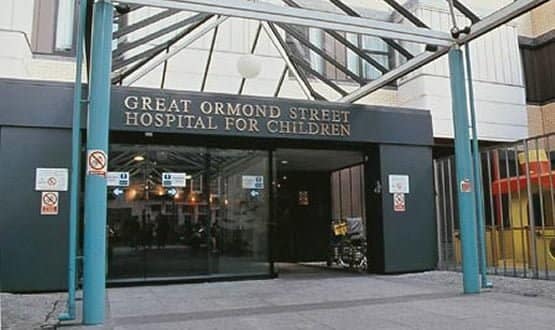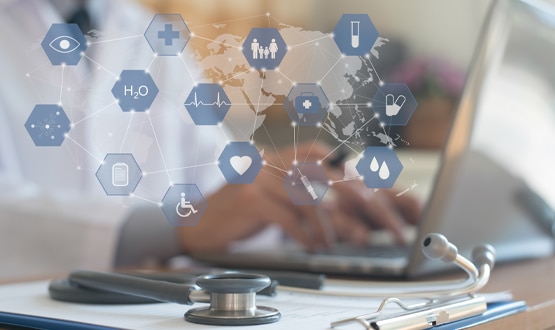New observations for Great Ormond Street
- 3 February 2015

Great Ormond Street Hospital for Children NHS Trust has signed a five-year deal with Nervecentre to implement its electronic observations system.
The company will also implement solutions for patient task management, handover and messaging across the London specialist childrens’ hospital.
The project, which has been funded by the trust’s £454,000 bid to NHS England’s ‘Safer Hospitals, Safer Wards: Technology Fund’, will see nurses and doctors using the software on an iPad or iPod touch to record and monitor patient observations at their bedside.
Nervecentre’s functionality includes the ability to calculate Early Warning Scores and alert individual clinical staff that urgent attention is required, before passing on results to the specified care team.
The system also provides a task management and handover solution used by both doctors and nurses to ensure there is a smooth transition of clinical information for ongoing patient care, including advanced escalations.
It will also enable the hospital to increase communication between clinical staff and hospital teams while giving them instant visibility of each patient’s real-time condition.
Great Ormond Street says the implementation of the system forms part of the hospital’s long-term project to better recognise deteriorating children.
The trust has been piloting Nervecentre across two wards for the last six months as part of a scoping project to ensure the software is modelled specifically to meet the hospital’s needs.
Helen Vigne, the trust’s ICT projects manager, said the trust’s status as a tertiary referral centre means it has a “bespoke” group of patients, and needed an electronic solution that could be configured to the specialist needs of each clinical area.
Vigne said the Nervecentre system will also provide a mobile health platform for showing real time data to improve communication between staff and clinical teams.
“This solution will become a vital system supporting clinical staff to respond rapidly and effectively to deteriorating patients."
Sarah Newcombe, the trust’s clinical lead for the project, said the new systems will help the trust to recognise and respond to deteriorating patients, which is a “well-recognised national and international patient safety issue”.
“The clinical teams required a real time system that would assist them in early recognition and prompt escalation of our patients. This tool has supported bedside nurses in identifying risk factors during their routine assessments, thus improving the care of our patients.”
Newcombe said clinicians have responded positively to the pilot, saying the system gives them “maximum visibility” of patients wherever they are in the hospital and receive automated alerts and information.
The new system and mobile devices will be rolled out across the rest of the 38-ward hospital over the next six months.



